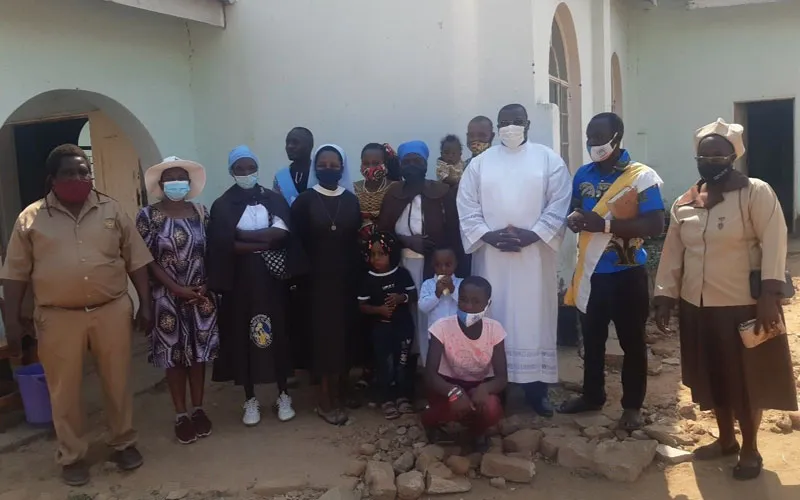The Catholic Priest says that locals, in the event of arrest, are always bailed out by their relatives while refugees who find themselves in a similar situation suffer because it’s likely no one will be there to bail them out.
He calls upon nations to refrain from treating refugees and migrants as undignified people saying, “The call towards ‘an ever wider we’ invites all nations hosting displaced people and communities, to feel for those escaping the effects of wars, the pandemic, unemployment and other catastrophes.”
Fr. Kembo adds, “Due to lack of documentation by some of the displaced people and the migrants, their respective embassies are either ignorant of the presence of their own people in the host country, and some remain in prisons longer than they should.”
The CPLO official cautions against underestimating the problems that refugees experience, challenging humanity into embracing “an ever wider we” spirit because everyone is a potential refugee.
“It is however to be noted that the risks and pains of the migrants cannot be underestimated, ranging from sexual abuses, false imprisonment, crossing crocodile infested rivers, robbed, deportation and charged,” Fr. Kembo says.
(Story continues below)
He further says, “The Zimbabwe-South Africa yearly border challenges and permit crisis is, but just the tip of an ice-berg on what migrants everywhere might be going through.”
He notes that last year's 107th World Day of Migrants and Refugees was one of the most awaited occasions but that unfortunately it was impeded by the COVID-19 pandemic and the misconceptions that came with the vaccine thereby making the celebration ineffective.
“The pandemic affected the livelihood of the displaced people, and brought about new ways of supplementing their family income,” the Catholic Priest says.
He adds, “The host nation, in protecting the communities and the citizens, probably had an oversight on how the hosted communities have extended to other parts of the country and even beyond.”
The host countries should understand the reason behind people fleeing from their countries or homes so as to be able to see life from the perspective of the displaced people, Fr. Kembo advises.
“The life of the refugees and migrants depends so much on the host and those who support them, and failure to do so only leads to haunt the host community,” Fr. Kembo explains, and adds, “Today I depend on you, tomorrow you or your offspring, may depend on me, and this is the journey towards an ever wider we.”







